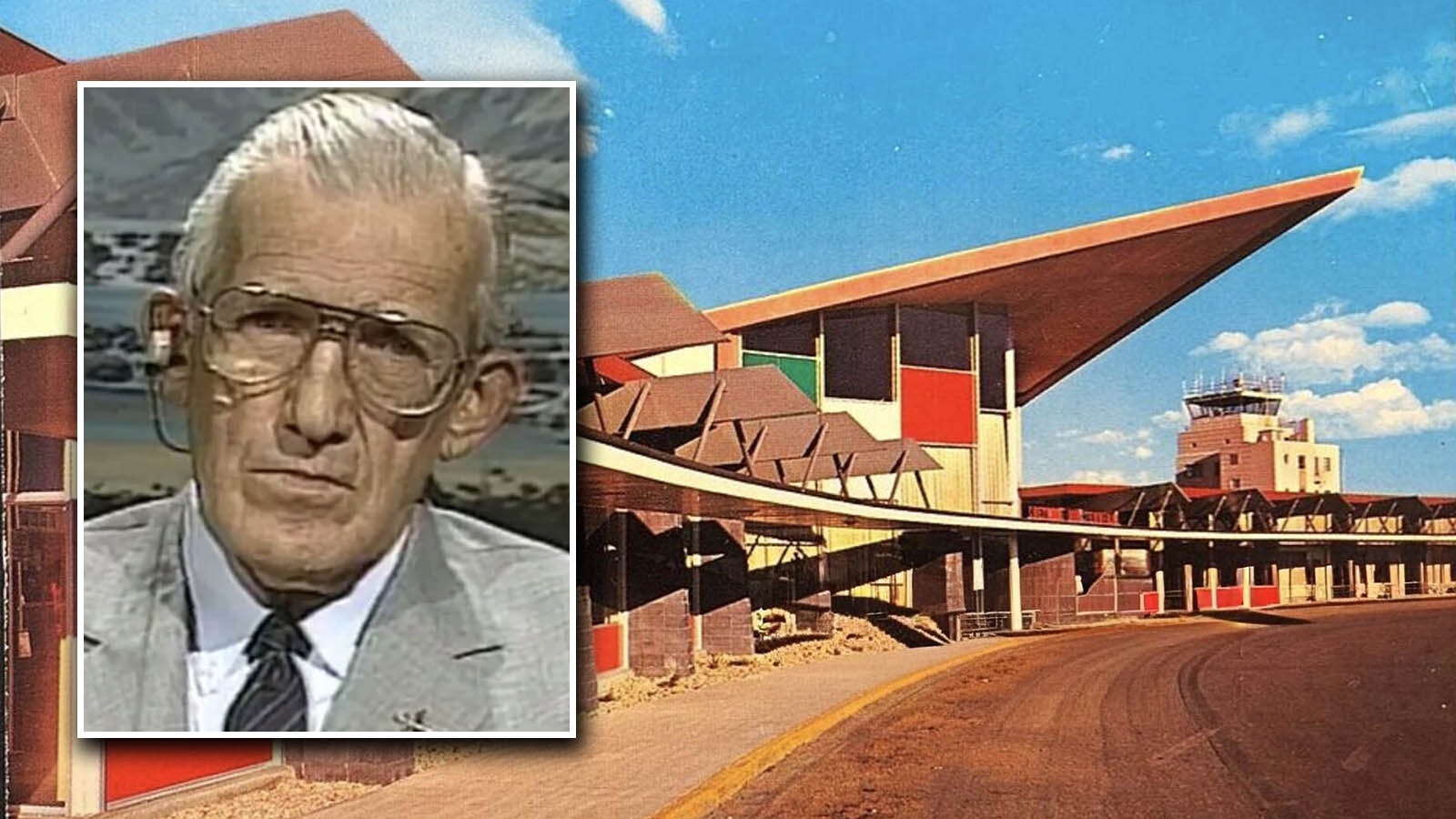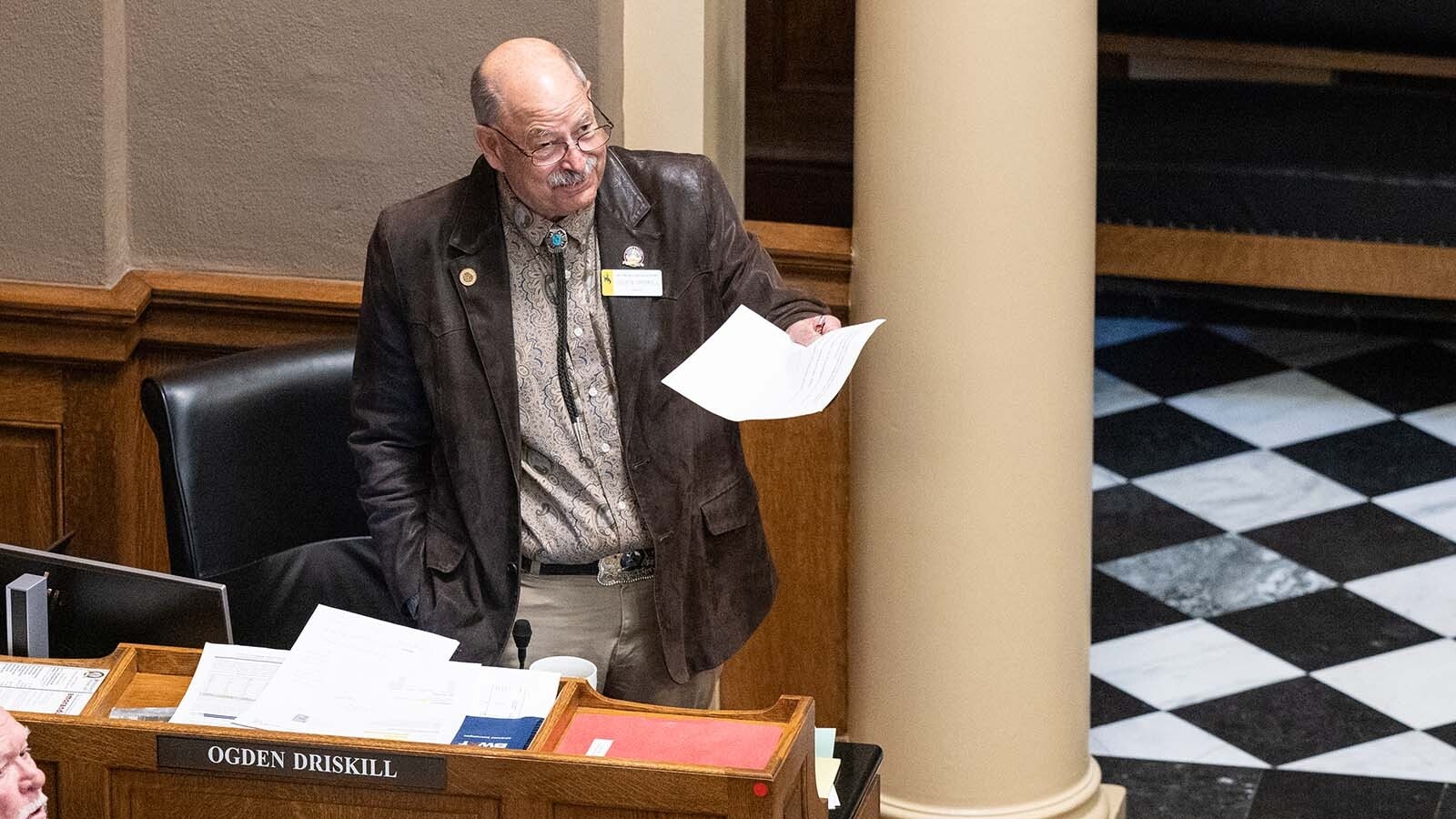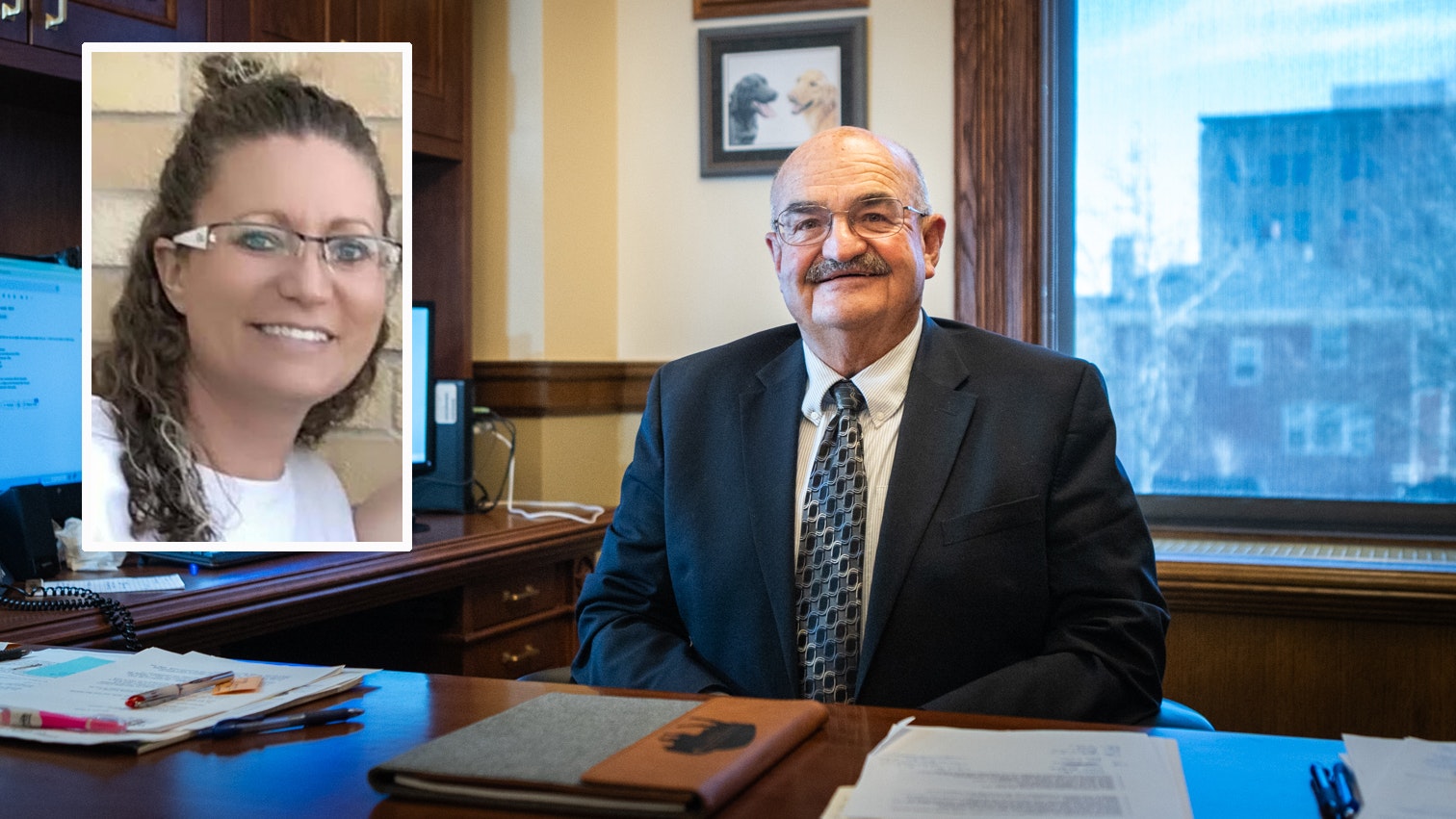The Wyoming Legislature wants electric and plug-in hybrid vehicle users to pay their fair share, and for the second straight year is considering a fuel tax for EV owners fueling up at high-speed charging stations in the state.
The tax of 4 cents per kilowatt hour (kWh) would only apply to Level 3 DC fast chargers, such as the Tesla Supercharger stations. It would not include Level 2 public charging facilities, lesser-power 240-volt stations that are more common in homes, restaurants, hotels, workplaces and other public locations such as malls and parking garages.
According to finance website The Motley Fuel, the average cost to recharge at a Tesla station is typically about $0.25 per kWh, meaning a full recharge to 250 miles is about $22. A 4-cent tax would add around $3.52 to this charge.
Lost Costs
EV drivers now pay no state fuel tax, the largest source of revenue the Wyoming Department of Revenue taps into for maintaining roads.
The Wyoming Department of Transportation depends on liquid fuel taxes to support its operations and road maintenance, which means that electric vehicles aren’t supporting the roads they use through any taxes on gasoline.
Electric vehicle owners do, however, pay a $200 registration fee in lieu of those taxes.
As written, the bill continues to charge electric vehicles a $200 licensing fee and establishes a new, $100 licensing fee for plug-in hybrids.
The problem for Wyoming with these licenses is that it still fails to capture out-of-state EV drivers who put wear and tear on state roads without compensating the state for the wear and tear they put on them.
Jonathan Russell, a policy analyst for the Wyoming County Commissioners Association, expressed concern that if these vehicles continue to not pay their fair share for these impacts, local governments will be hit hardest. The fuel tax generates big money for Wyoming’s counties, $3 million per year in Sweetwater alone.
A draft bill proposed last summer would have included Level 2 charging stations in the tax, which would have required the addition of six WYDOT employees to manage. This was eventually removed from the bill.
Level 2 chargers are a step up from a standard residential plug but are slower to charge than the Level 3 DC fast chargers, such as the Supercharger stations.
Many other states charge a similar tax on EV vehicles.
“Everybody’s trying to figure out the right way to do this, there’s just a lot of definitions to ‘the right way,’” said Wayne Hassinger, Fuel Tax Administration Program manager for WYDOT.
The Right Way
The draft bill is very similar to a bill that was proposed during the 2024 legislative session, which fell three votes shy of the two-thirds majority needed for introduction in the House.
According to the Alliance For Automotive Innovation, EVs accounted for 2.1% of all new vehicle sales in Wyoming in 2023, ranking 47th in the country. The group supports the proposed tax, as does state Rep. Mike Yin, D-Jackson, who works in the electric charger industry.
Hassinger said EV use continues to grow in Wyoming, with the quantity of charging stations rapidly increasing as well. He believes tourists traveling in EVs will always make up most of the tax revenue drawn in Wyoming from this mode of transportation.
Although there were only 800 electric vehicles registered in Wyoming in 2022, Sublette County Treasurer Emily Paravicini said by 2023 there were 833 electric hybrid vehicles registered in Teton County alone. Every county in Wyoming that tracks the vehicles has them.
“As the number of those hybrid vehicles goes up and up, the tax dollars that are coming back to the state to pay for roads and Highway Patrol and all the ways WYDOT uses those funds are diminishing,” she said.
If this trend continues, there will be more road damage caused to Wyoming roads than currently created by standard gas cars.
Paravicini said EVs tend to weigh 750 pounds heavier than an average gas engine car because of the electric vehicle’s battery, which can weigh as much as 2,000 pounds alone. Hassinger mentioned how a Ford F-150 Lighting truck weighs 1,030 pounds more than its gas-powered counterpart.
The vehicles also pose more risks in car accidents, as the batteries can often cause fires.
“There’s definitely more costs associated with these vehicles with these batteries,” Paravicini said.
Other Possibilities
As written, the proposed EV fuel tax would not be exempt from the sales tax, so a buyer would have to pay both taxes on top of the cost of the electricity spent. This would differ from the current 24 cents-per-gallon fuel tax, which is the only tax a buyer pays for on top of the cost of gas.
Bret Fanning, a staffer with the Wyoming Department of Revenue, said there are other examples of double taxation in the Wyoming tax code, mentioning how tobacco products are subject to both a sales tax and tobacco tax.
Yin proposed extending the same sales tax exemption to EVs.
“That would create that consistency across both,” he said.
The intention of the new tax would be to focus on the electricity put into a car, not the running of the charging facility itself. Operators of the charging stations would deliver the 4 cents collected per kWh sold to the state.
But Sen. John Kolb, R-Rock Springs, said he wants to know how much it would cost a charging station to run the chargers to see if they should be subject to a separate tax as well.
“Is it worth it to try and go down that road or do we just say the charging station consumes so many kilowatts of power and that’s what their fee is based on?” he questioned.
The committee will consider the bill further at its next meeting in September.
Leo Wolfson can be reached at leo@cowboystatedaily.com.





